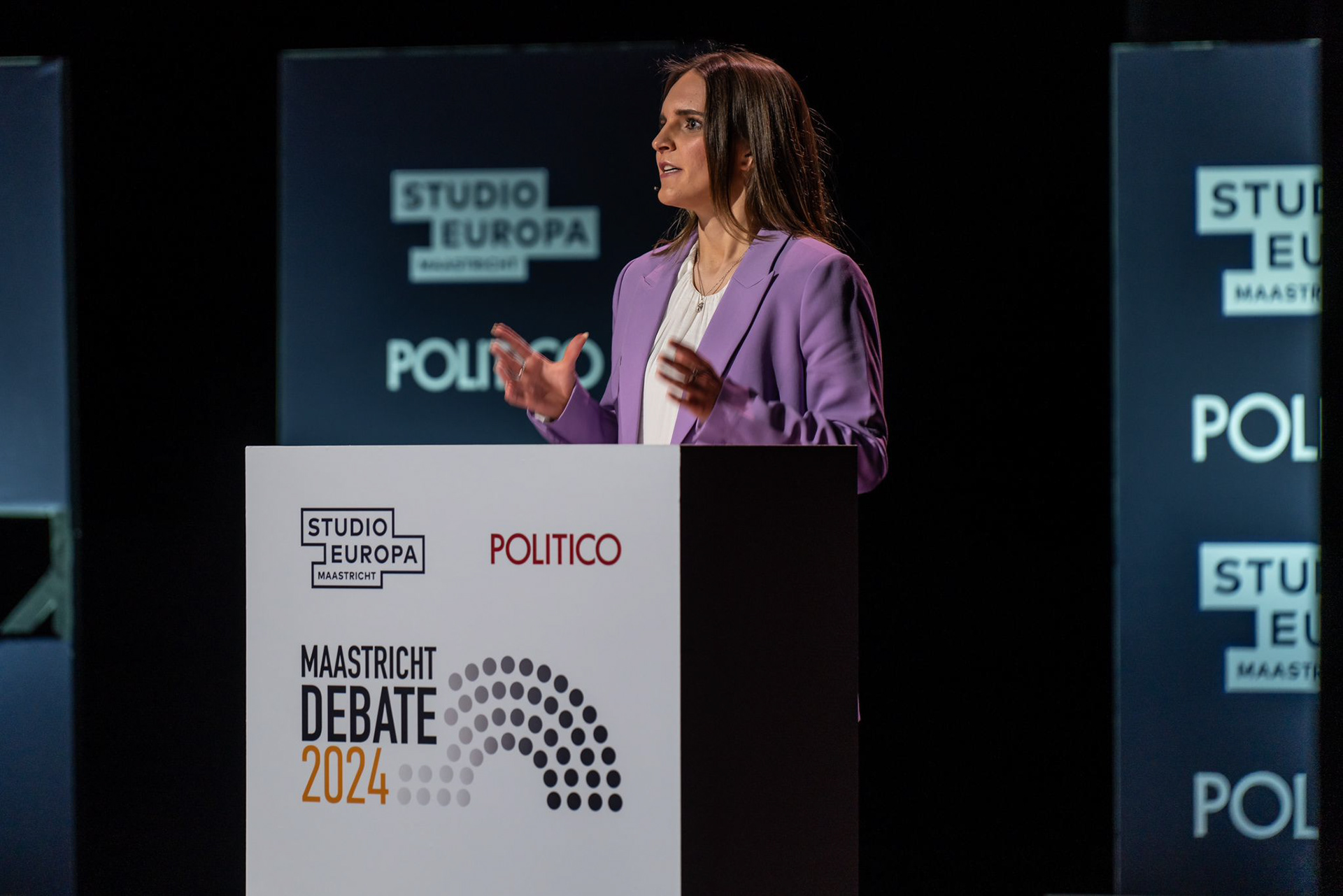

In July 2025, I've presented two distinct research articles at an academic Congress in Azores, each tackling critical aspects of modern political communication. These studies offer unique perspectives on how communication strategies are evolving in an increasingly digital and polarized world. 1. The Power of Colour in Political Communication This article delves into the significance of symbols, particularly colours, in shaping political narratives and capturing voter attention. While traditional markers like speeches, backgrounds, and party ideologies remain vital, standing out in today’s crowded and often populist political landscape demands innovative strategies. Focusing on the 2024 European Elections, the study highlights the Maastricht Debate, where Spitzenkandidaten aimed to distinguish themselves in a visually uniform setting dominated by dark suits and subtle party-coloured ties. Using examples like Maylis Rossberg from the European Free Alliance and incumbent Ursula von der Leyen, the analysis underscores how colour choices, rooted in party affiliation and thematic resonance, garnered media attention and strengthened campaign messaging. The research emphasizes how colours can simplify and amplify political messages, serving as a powerful tool in fostering recognition, media engagement, and voter connection within a highly competitive arena. 2. Populism and Political Extremism: The Role of Emotions in Portuguese Politics This study examines how emotions are leveraged by populist parties in Portugal to create stronger voter connections and drive political engagement. It traces the evolution of political marketing from its migration to the internet in the 1990s to the transformative role of social media during Barack Obama’s 2008 campaign. Amid the social and economic upheavals caused by the global financial crisis and subsequent austerity measures, populist movements gained momentum by exploiting public dissatisfaction. The study explores André Ventura's rise as the first far-right representative in Portugal's democracy and the strategic use of social media to amplify his message. Highlighting the emotional and moral appeals of political messaging, the research reveals how populist parties use social media as echo chambers to fuel discontent, bypass traditional political structures, and influence voter behavior. These emotional strategies, while effective, often lead to polarization and fanatical responses, reshaping the political landscape in Portugal and beyond. Full articles to be published soon.

